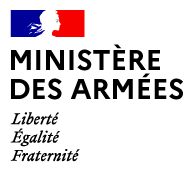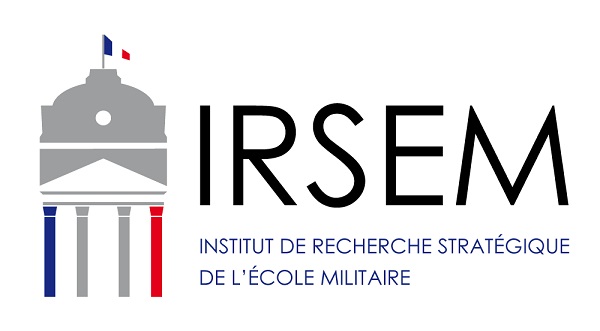In partnership with the Canadian embassy, IRSEM organized a roundtable discussion - debate around the book “Deploying Feminism: The Role of Gender in NATO Military Operations” written by Stéfanie von Hlatky.
The very latest book by Stéfanie von Hlatky, “Deploying Feminism: The Role of Gender in NATO Military Operations” (Oxford University Press, 2022) provides a detailed account of the Women, Peace and Security agenda at NATO. These norms are promoted by several international organizations that develop initiatives to increase the representation and participation of women, especially in military operations. Moreover, gender equality is increasingly seen as an antidote to conflicts, a key factor in achieving stability. If feminist activism inspired the emergence of these norms on gender and conflicts, they have been institutionalized through the Women, Peace and Security program created by the UN, and the armed forces are often at the forefront of these changes in conflict zones. Based on fieldwork and interviews, Stéfanie von Hlatky shows how NATO integrates these norms into the planning and execution of its missions. For troops deployed as part of NATO missions, this often means seeking out women in their operational area to improve intelligence gathering activities. If this approach is useful to the mission, is it also useful to the women and communities affected by conflicts? By examining ongoing NATO operations in Iraq, Kosovo, and the Baltic countries, “Deploying Feminism” details the process by which the Women, Peace and Security agenda is militarized and put at the service of operational efficiency.



